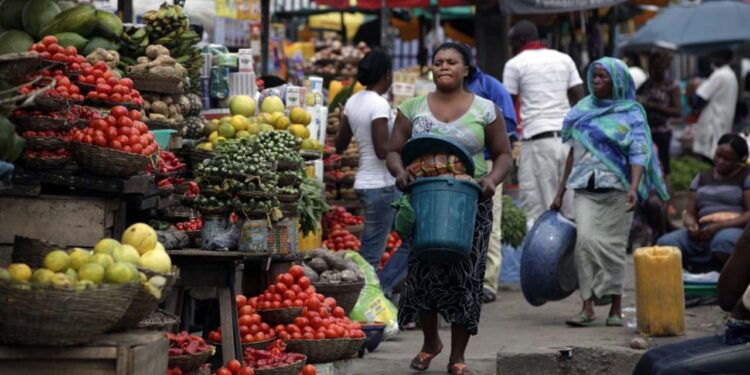President Bola Tinubu has declared a State of Emergency on food insecurity in order to address the increasing food prices in Nigeria, according to his spokesperson, Dele Alake. The rise in food prices has had a significant impact on citizens, and the president is mindful of this issue.
In recent years, food prices in Nigeria have been on the rise, exacerbated by government policies such as the removal of petrol subsidies. In May, Nigeria’s annual inflation rate reached 22.41%, with food inflation rising to 24.82% during the same period.
As part of the State of Emergency, President Tinubu intends to implement measures in the short, medium, and long term. In the immediate term, savings from the fuel subsidy removal will be allocated to the agricultural sector to revamp it. Additionally, the president has directed that food and water availability and affordability be included within the purview of the National Security Council, recognizing them as essential livelihood items.
The declaration of a State of Emergency on food insecurity highlights the seriousness of the issue and the government’s commitment to addressing it. By prioritizing the agricultural sector and involving the National Security Council, President Tinubu aims to tackle food insecurity and make food more accessible and affordable for the Nigerian population.

























